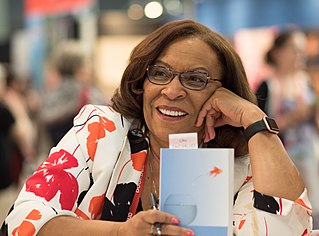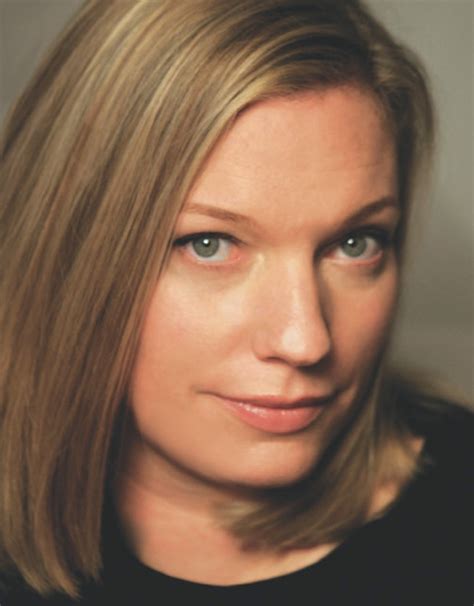A Quote by Henry Golding
The one thing that I learned very young was to own my identity. And, I knew, I'm Asian through and through. There's nothing I needed to prove.
Related Quotes
The fact that I didn't finish school left me with a lifelong need to prove that I'm smart, prove it to myself, maybe to the world. I [also] needed to be - not the center of attention - but I needed to be able to attract attention when I wanted it, through my stunts and my fooling around physically with faces or postures or voices I would do. Those things are important elements in the drive behind all of this [my career].
She knew that what she was going through was nothing special, just garden-variety heartbreak, the sort of thing that poets and novelists had been writing about for hundreds of years, but she also knew, from those same books, that there were people who never recover form it, ones who go on through life beset by a dim and painful longing.
There's nothing worse than the frustration of having somebody who you feel doesn't get what you're doing, trying to turn it into something else. It's a very, very annoying and sort of frustrating thing and I just never wanted to go through it. I was very fortunate as I came up through the film business that I was able to insulate myself from that.
I learned capacity for self-reflection very early, finding it through interior monologues that books are so good at and that visual media is so bad at because it's so boring - nothing's happening. In a book, you can be inside the narrator's head for 50 pages, and nothing needs to happen. Then you learn to be inside your own head without something needing to happen. It's a very good antidote to a crazy, restless, "what's next?" culture - that you can just be in your own head and nothing is happening except that this is a rich place. I love that.
Through the years, through my own conversations, through my own weird obsessions, I think I have developed some very deep politics of political knowledge - and I think I have huge blind spots, too - which I have tried to build not necessarily through traditional interviews so much as it is conversations and a lot of research and reading.
Mystics knew how to channel grace through prayer and they knew the power of that. They knew how to receive guidance through reflection and contemplation; they knew how to share the gift of illumination with each other. These are great gifts of life and profound grace that we are capable of providing for each other and the world. This is what it means to be a mystic without a monastery. You make a commitment to your own interior illumination and through that discover the "sacred" part of your "contract" and the true meaning of your highest potential.
As a first-generation "Asian American woman," for one thing, I knew there was no such thing as an "Asian American woman." Within this homogenizing labeling of an exotica, I knew there were entire racial/national/cultural/sexual-preferenced groups, many of whom find each other as alien as mainstream America apparently finds me.
German writings attain popularity through a great name, or through personalities, or through good connections, or through effort,or through moderate immorality, or through accomplished incomprehensibility, or through harmonious platitude, or through versatile boredom, or through constant striving after the absolute.




































